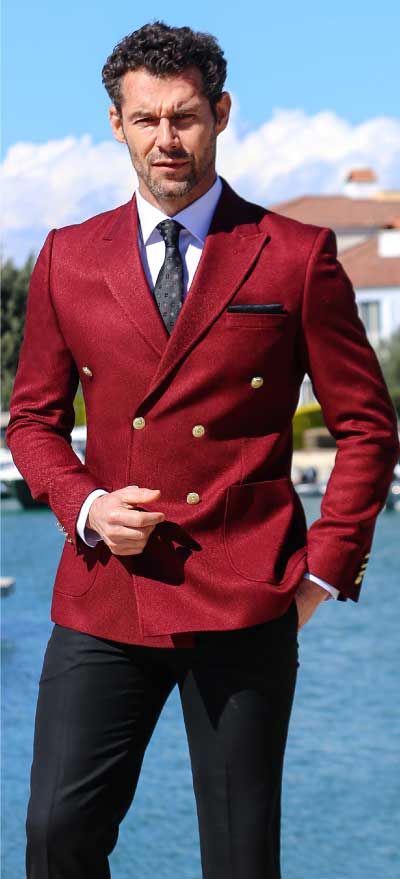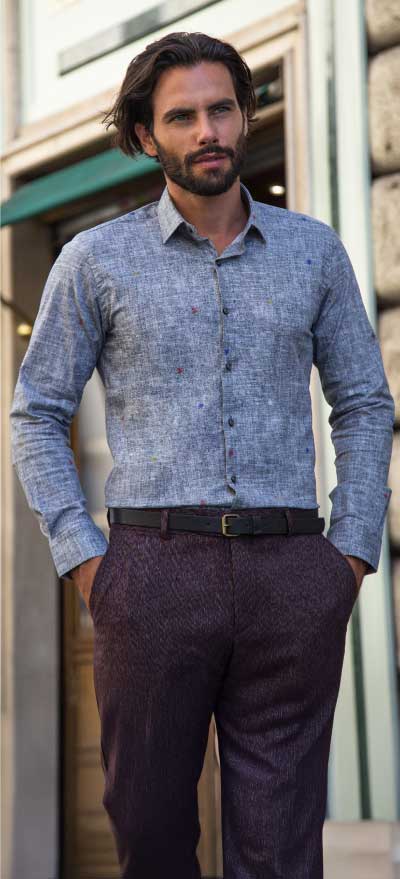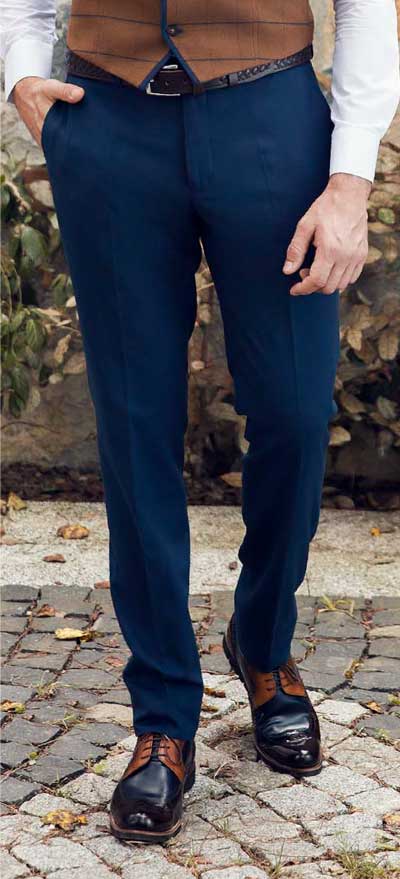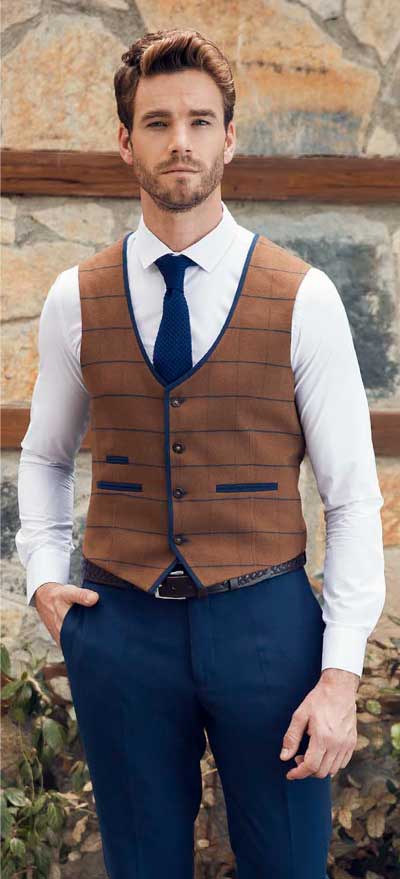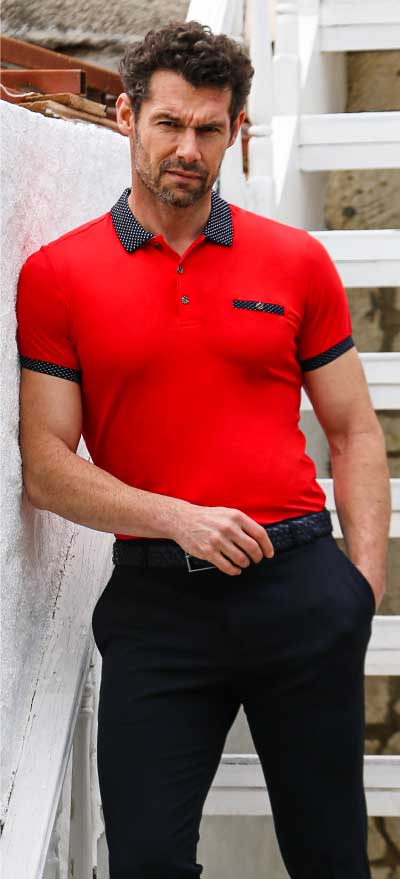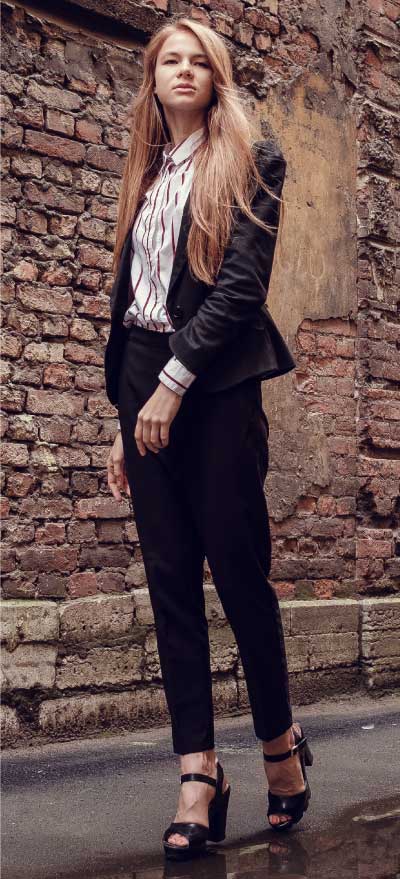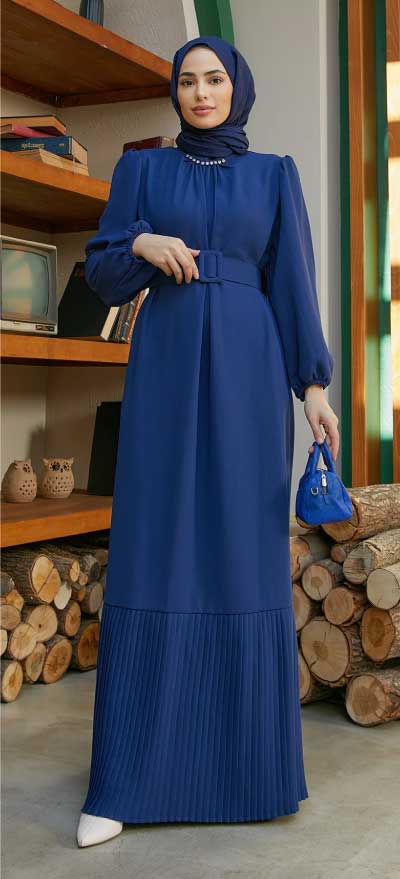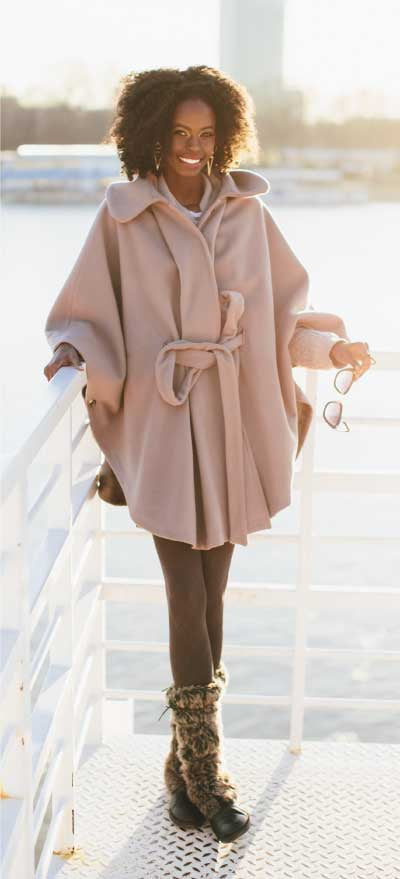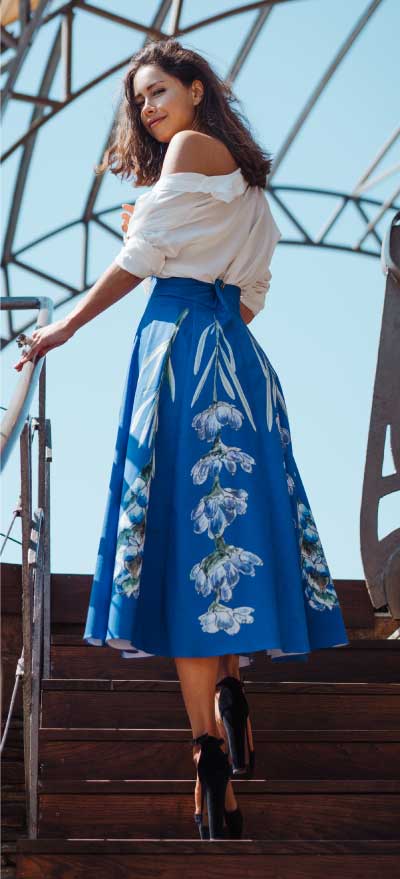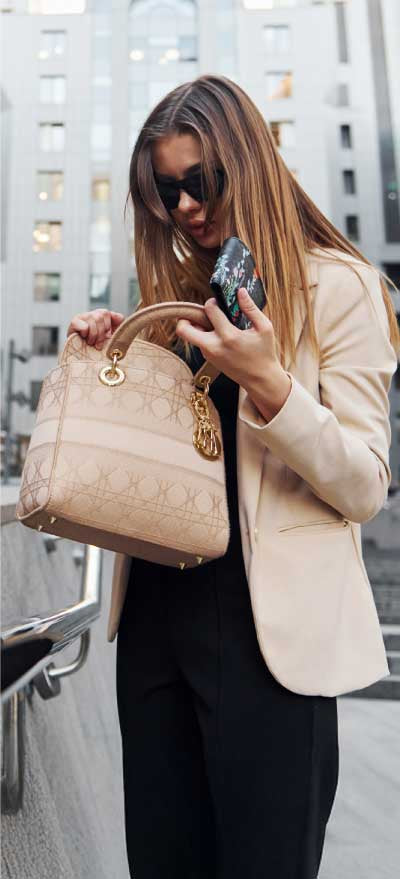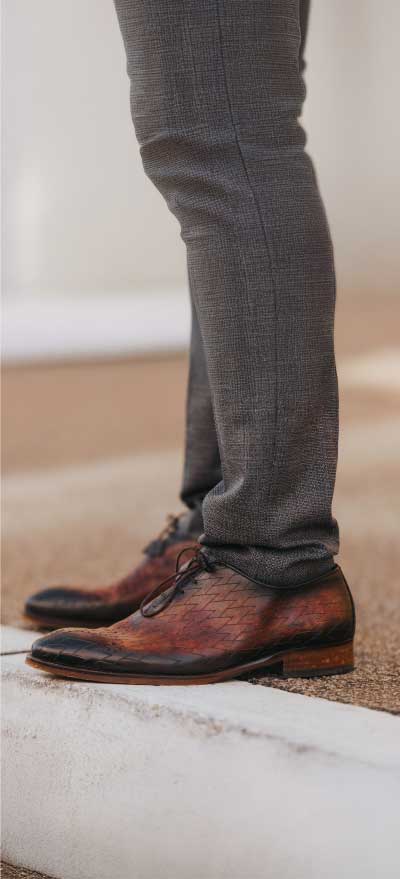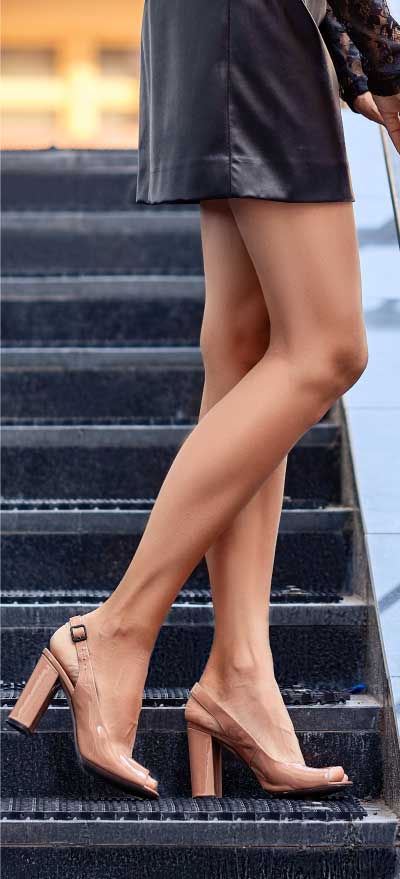Facts About Fashion Retailers That You Won’t Learn From Wholesalers
Facts About Fashion Retailers That You Won’t Learn From Wholesalers
The term "wholesale" is used often in the retail business, but what precisely does it mean? "Selling items in big numbers to others for retail" is what wholesale means. A fashion factory outlets clothing wholesalers may be an attractive option for boutique owners who don't want to create the garments they sell, but there are disadvantages to working with one.
Clothing Factory Prices Are Lower Than Wholesale Prices
The price per item will be lower if you deal directly with a fashion manufacturer than if you purchase wholesale. The reason for this is that wholesalers must recoup the money they invested in purchasing your items from the companies that manufactured them at the beginning of the process.
It's done by charging you a more significant price per unit than the manufacturing pricing. Certain wholesalers charge as much as two times the manufacturing cost to fashion shops.
A competitive advantage in the market may be gained by purchasing clothing at a lower price straight from the manufacturer that produced it. You may also boost your profit margin by eliminating the middleman's fee with private label apparel.
Selling Pre-Existing Clothing Products Has Its Downsides
Buying established items at wholesale prices is one of the fascinating aspects of doing business this way. This seems to reduce the risk associated with the purchase of inventories. Although something may benefit you, it can also harm you.
The wholesale distributor is just as likely to provide these items to other merchants as you are. It's tough to attract people until you cut the price of the identical product supplied by many vendors.
It's typical for boutique owners to purchase wholesale, but that doesn't imply it's the best option for you. Consider the advantages and disadvantages of each choice before making a decision.





